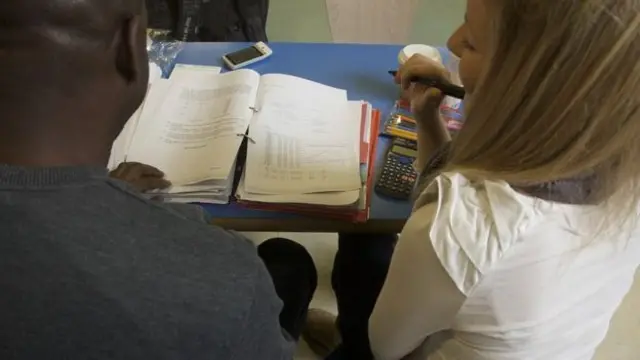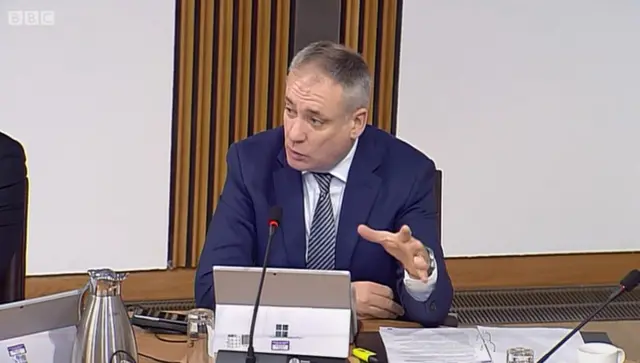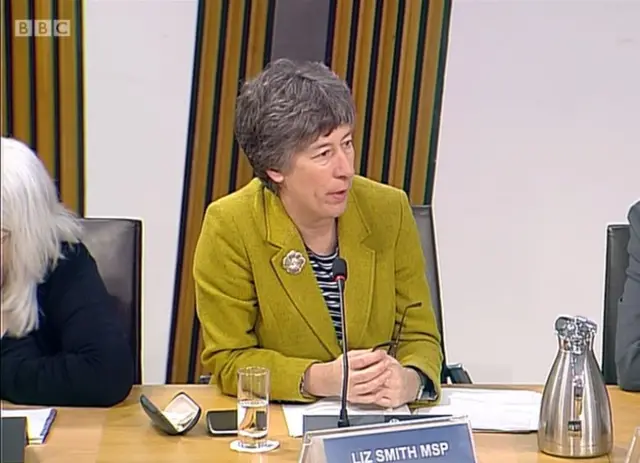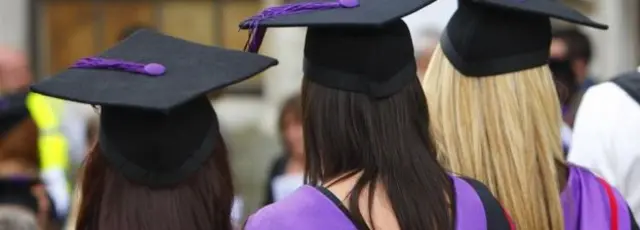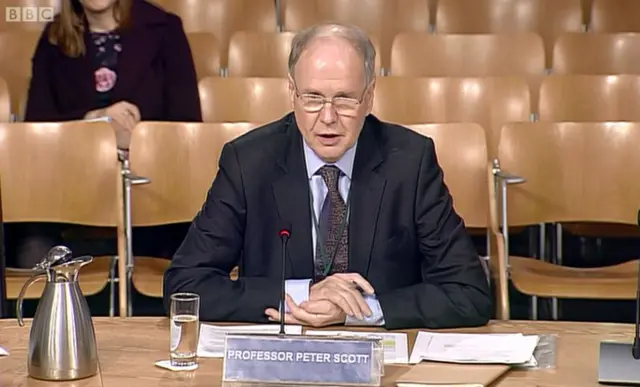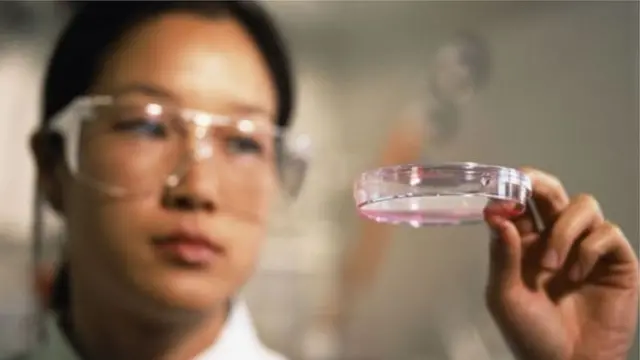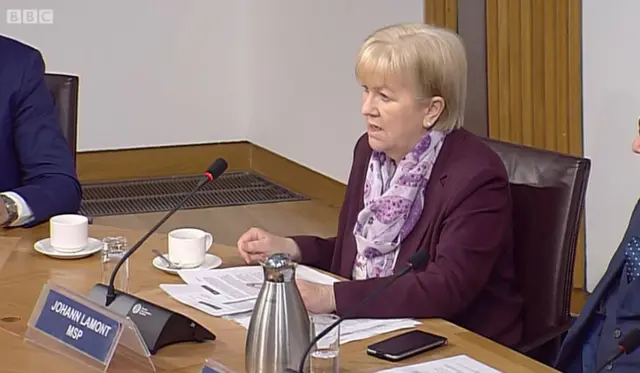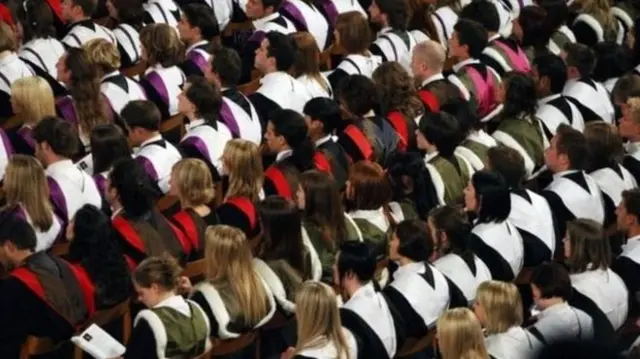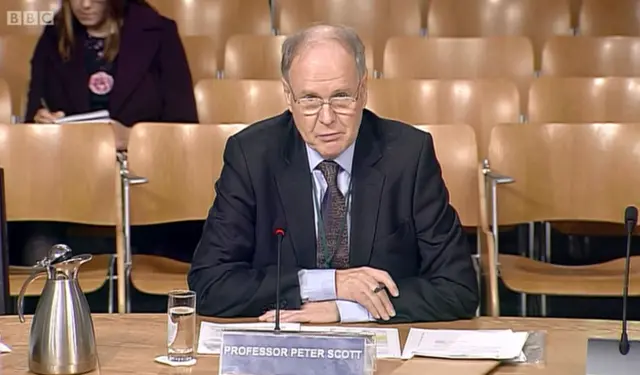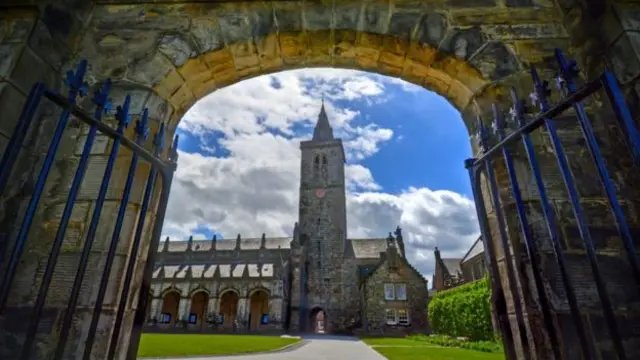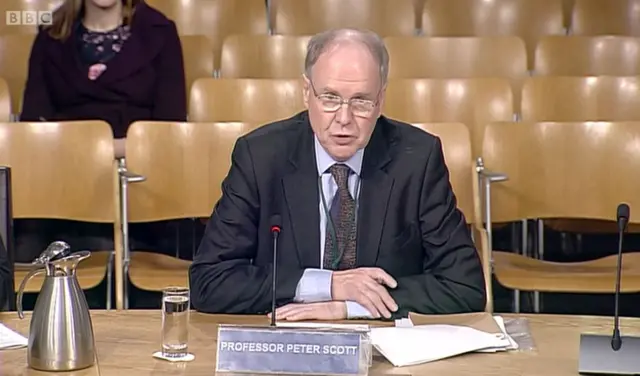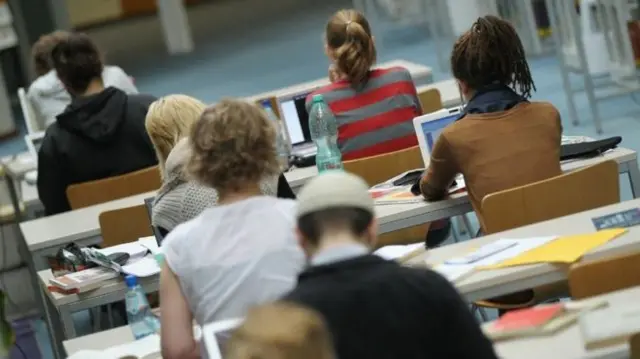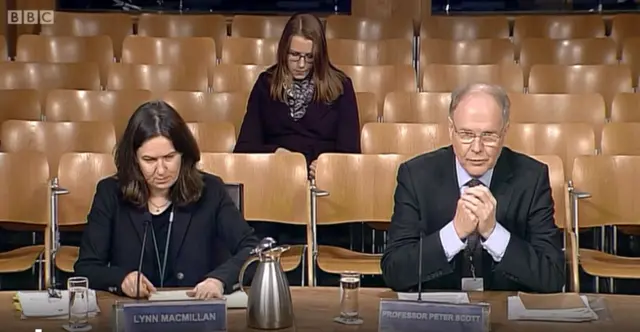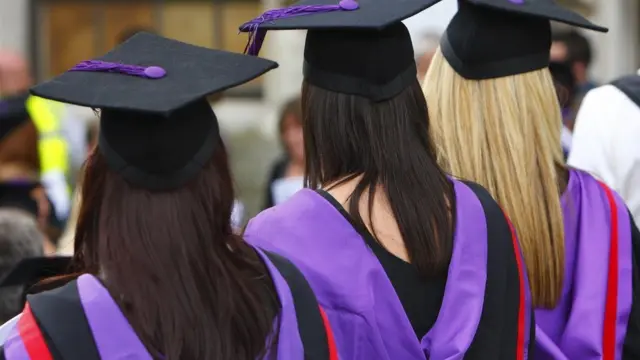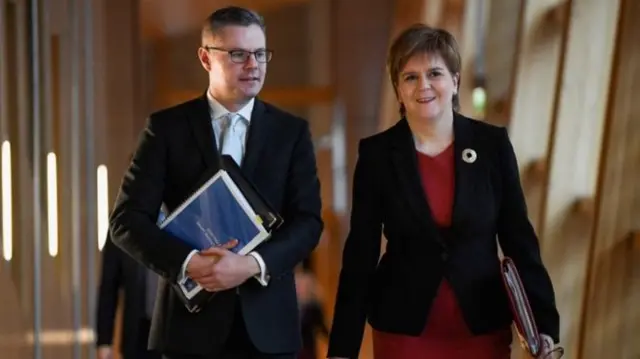Poorer students face 'attrition at every stage'published at 10:43 GMT 21 February 2018
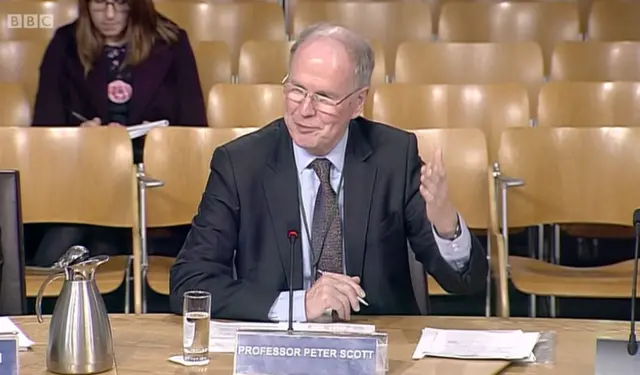
SNP MSP Ruth Maguire raises the issue of retention and the commissioner agrees there is "attrition at every stage".
He says students from SIMD areas are less likely to progress to second year, more likely to obtain a general degree rather than honours, and less likely to get a first class honours,.
Giving people the maximum opportunity to progress and ensure degree criteria is not biased is important, Professor Scott argues.
